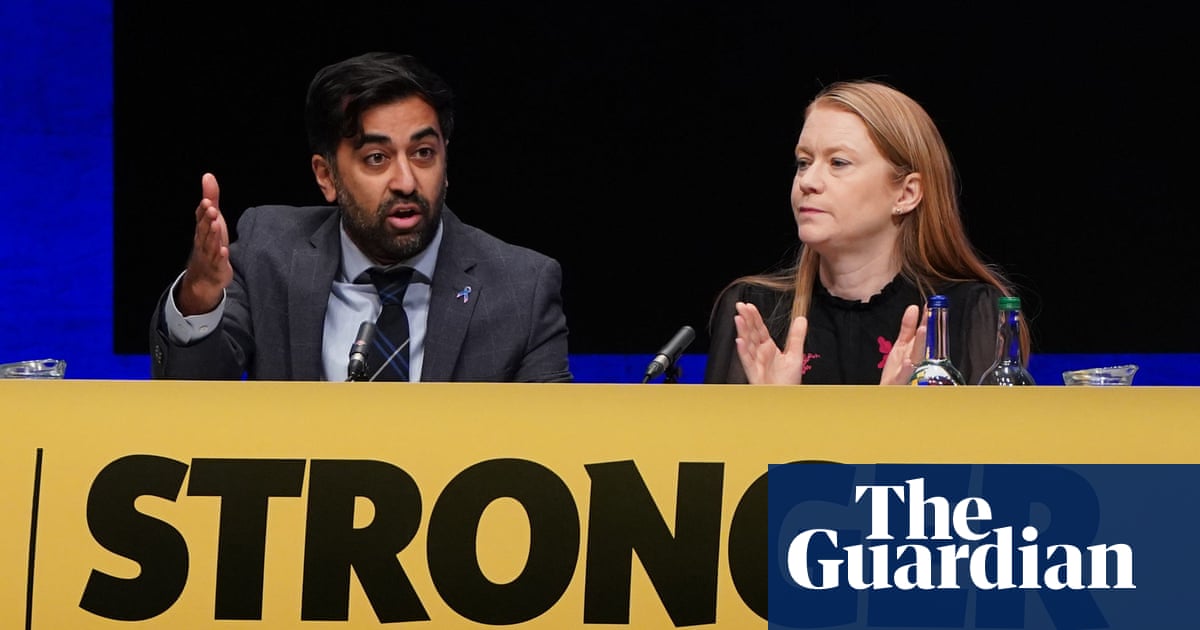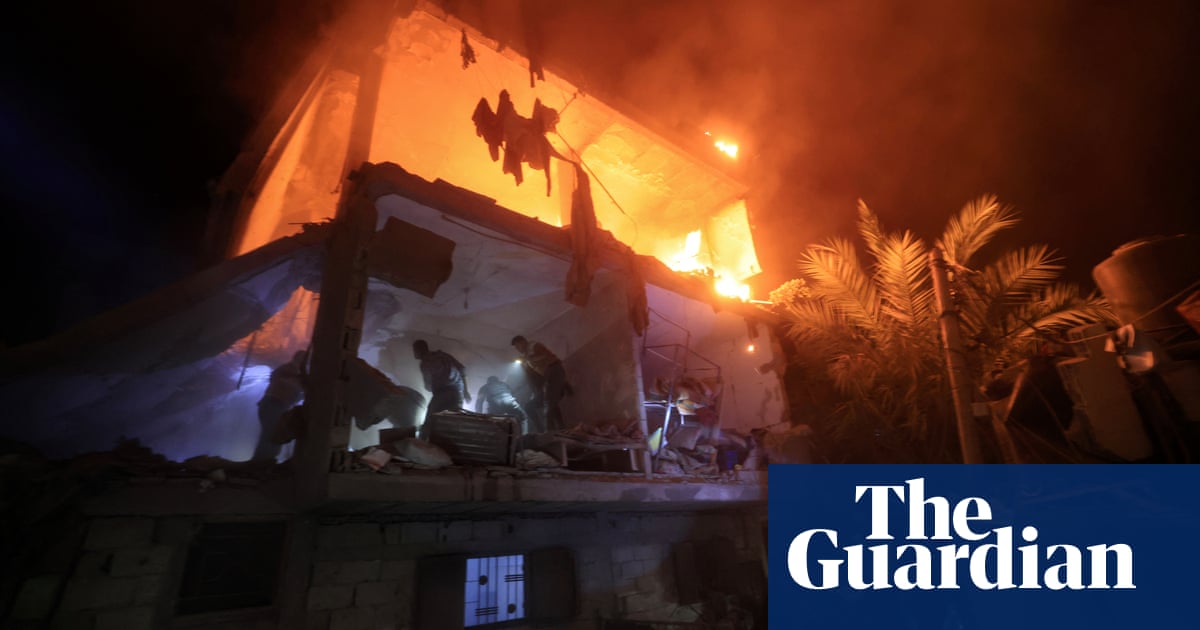
The new Lebanese government, which is led by Dr. Hassan Diab and was formed after the popular movement erupted on the 17th of October brought down the previous government, is controversial regionally and internationally. The protesters who had taken part in the movement demanded an independent technocratic government, but this government includes ministers who have been labeled “politicized technocrats”. It was formed by the parties of what used to be known as the March 8 coalition and faces the extremely tough challenge of acquiring help from the international community and fighting corruption during an extremely difficult period.
The stance of the other pole of Lebanese politics, what used to be known as the March 14 coalition, with regards to this government, is ambiguous, with some parties, including the Lebanese Forces and the Kataeb Party rejecting the new government and refusing to attend the first parliamentary session called for after its formation. On the other hand, the leaders of the Future Movement and the Progressive Socialist Party announced that the new government should be given a chance. Indeed, without their attendance, the first parliamentary session held since the government was formed, which passed the 2020 budget without holding a voting for its confidence in the government, would not have had enough deputies to meet the quorum without their presence.
Alongside apprehension stemming from the one-sided political nature of this government, there is disagreement about the extent of its ministers’ independence and credentials. While these ministers certainly have more academic credentials than their predecessors, many of them are specialized in fields irrelevant to their role in the government. There also doubts, nationally, regionally, and internationally over the degree of autonomy they will be able to exercise given their relationship with the political parties that appointed them. It is on the answers to these questions that the government’s ability to gain the international and Arab communities’ trust and rescue the country hinges. The international community, in turn, has been sending mixed messages. While there is a desire to help Lebanon recover from its crisis, the international community is also adamant that it will not provide help if it sees that this is Hezbollah’s government and that it will not manage to tackle corruption.












